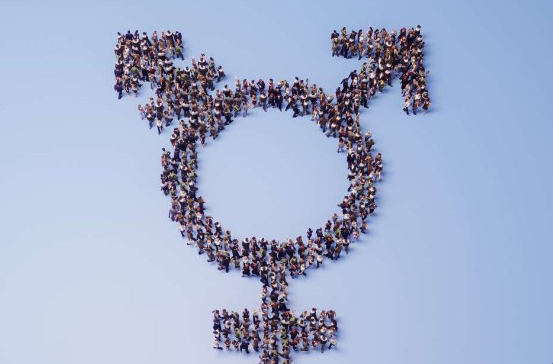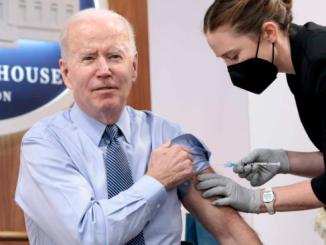
The narrative about childhood transition that transgender activists have been selling is slowly crumbling. Last week, Reuters published an investigation into the exponential increase in teenage girls wanting to transition, acknowledging that referrals to gender clinics have been overrepresented by this population. For many, their gender dysphoria is influenced by their peers and social media.
For anyone who’s been following this issue for a while, you may be thinking, “Oh, really?” The piece also described a variety of reasons why a young woman may want to live as a man, including mental health issues besides gender dysphoria, hatred of her body, sexism, and not wanting to be sexualized due to being female.
Regarding the desire to change one’s body, a recent study published in JAMA Pediatrics found a total of 1,130 double mastectomies were performed on minors between 2016 and 2019, representing a 389% increase. The study also documented relatively high rates of anxiety (about 21%) and depression (about 16%), in addition to gender dysphoria, in these patients. Another analysis, discussed by Reuters, found at least 776 double mastectomies performed in the past three years on patients as young as 13.
In the United States, the sex ratio of gender referrals, once dominated by boys, is nearly 2-to-1 today and dominated by girls. As bans on “gender-affirming care” are being debated in dozens of states, Florida has continued to take an evidence-based stance in combating radical gender theory and protecting children. Following a request from Florida Surgeon General Joseph Ladapo, the state’s Board of Medicine and Board of Osteopathic Medicine decided to prohibit transition-related procedures, including hormones and surgery, for minors earlier this month.
Adolescence is a time characterized by trying on different identities and being impulsive and suggestible. It’s no wonder that friend groups, social media, and online communities have the potential to shape young people’s minds and behaviors in such powerful ways.
A few years ago, the concept of transition regret and detransitioning remained relatively rare. Now, as the number of detransitioners continues to grow, I hope that more policymakers will take heed and listen to their voices. The fact that mainstream news outlets are gradually pulling the reins on the early transitioning movement is an indication that the cultural tide is turning. But concern and support for detransitioners must remain, even after the battle against childhood transition has been won.
* Article from: The Washington Examiner


